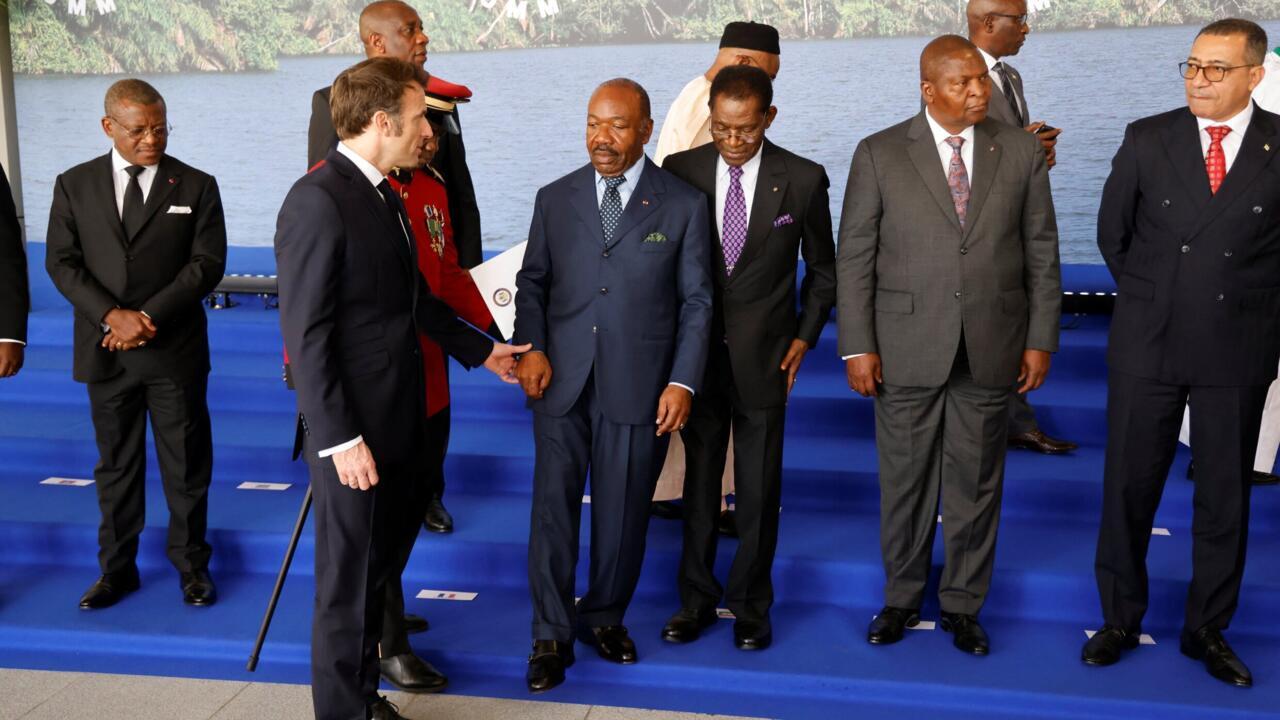
France’s posture and tone toward its military ties to West Africa have pivoted from unrelenting to resigned in the first seven months of 2025. This was underscored by a recent comment from a French official. He noted that the security infrastructure in West Africa is no longer a concern.
- France has shifted its military policy in West Africa, marking a significant withdrawal in 2025.
- In July 2025, France concluded its military presence in the Sahel with the handover of its last base in Senegal.
- Statements from officials suggest a resignation from prior security responsibilities in the region.
The difference between January and July, for France, concerning its military ties in the West African region was the few French military bases that still existed.
However, in mid-July, France handed over its last remaining military facility in Senegal, the Camp Geille in Ouakam, Dakar, to local authorities, the last post France held in the Sahel region.
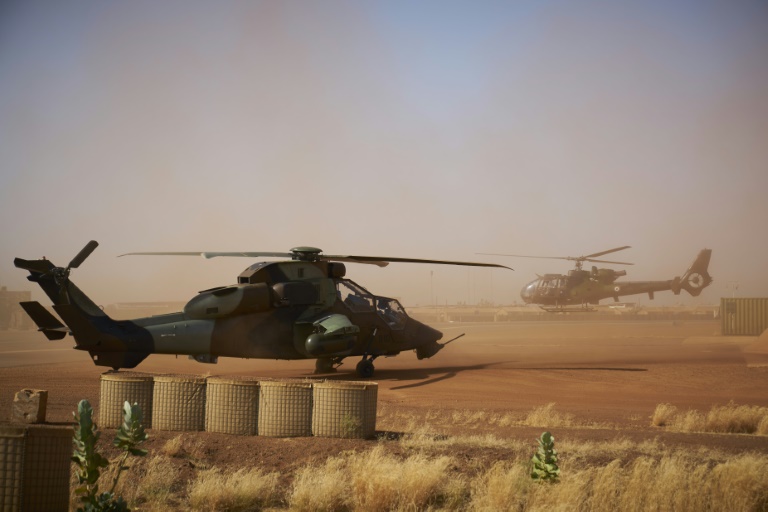
Barely a month later, Thani Mohamed-Soilihi, France’s Minister Delegate for Francophone Affairs and International Partnerships, noted that the security challenges in West Africa no longer concern France.
“I’m sorry to say, but it no longer concerns us,” he said to a reporter from Reuters when asked about the ramifications of France’s military withdrawal from the Sahel
He made this point during a phone briefing with journalists in South Africa while attending G20 development discussions.
This is a far cry from when French President Emmanuel Macron denied that Paris had been thrown out of the Sahel, claiming that the country had instead opted to restructure its approach.
“No, France is not on the back foot in Africa, it is just lucid and reorganizing itself,” Macron had said, alongside a few inflammatory comments.
France’s losing grip in West Africa: from influence to irrelevance
For decades, France has maintained a strong security presence in West Africa, deploying soldiers, supporting counterterrorism operations, and consolidating its historic influence in its former colonies.
However, in 2025, France has now been officially kicked out of the region completely.
SEE ALSO: Niger and France continue to drift apart as it exits the French-speaking coalition
The change has been both symbolic and geopolitical, revealing a divide in how France and its former colonies see security, sovereignty, and postcolonial ties.
One by one, countries that once relied on France for military support, Burkina Faso, Mali, Niger, Chad, Gabon, and most recently, Senegal, have asked French troops to leave for good.
For these nations, France’s involvement no longer symbolized partnership but an outdated, paternalistic presence that failed to solve their worsening insecurity.
France’s defensive tone turned resigned
In January, President Emmanuel Macron, once seen as the polished diplomat intent on “resetting” France’s relationship with Africa, struck a defensive tone.
As anti-French sentiment swelled across Mali, Burkina Faso, and Niger, Macron remarked, “I think that they forgot to thank us, but that’s ok, it will come in time.”
He went on to say, “None of them would have a sovereign state if the French army had not deployed in this region.”
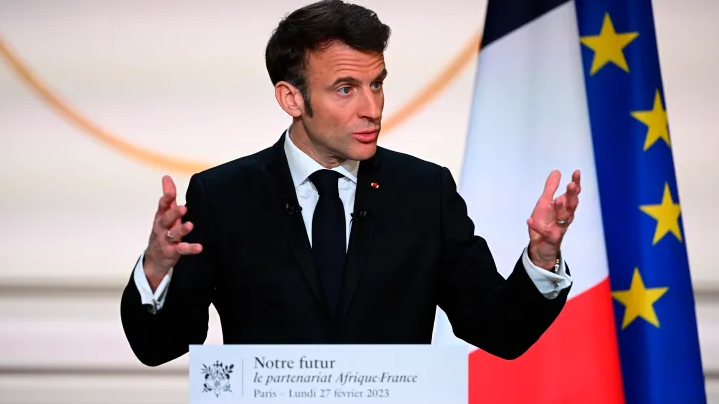
While Macron insisted France was not “on the back foot in Africa,” but instead “lucid and reorganising itself,” his words did little to reverse a wave of expulsions.
In a sharp contrast, as mentioned above, Thani Mohamed-Soilihi recently noted that security issues in the Sahel no longer concern France.
He also stated France is “looking for other ways to maintain ties that are not necessarily military,” suggesting a shift in approach.
As for his take on the effects of France’s expulsion from the Sahel region, he stated, “That’s a shame, because everyone can see the difference between now and then.”
West Africa at war, and a pivot for new partnerships
The Sahel, a fragile region between the Sahara Desert and tropical savannas, has become a hotspot for ideological struggle and geopolitical ambition.
According to The Washington Post, religious radicals, military personnel, and Russian mercenaries are increasingly targeting this weak region.
With national forces unprepared to deal with insurgencies and popular faith in institutions weakening, military coups have grown widespread, providing rapid, if contentious, answers to turmoil.
Mali, Burkina Faso, and Niger are at the center of this turmoil, boasting some of the world’s highest terrorism indices in 2024 and 2025.
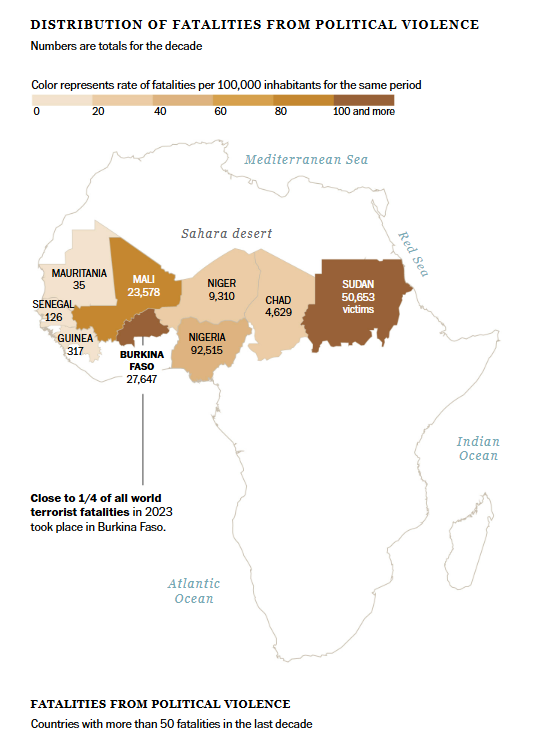
These three countries have also witnessed military coups in recent years and have rejected France’s security umbrella.
In its stead, they’ve turned to Russia, notably the notorious Wagner Group, which has been largely rebranded as the Africa Corps.
Wagner forces are involved in at least six African nations, supporting leaders, training local soldiers, and conducting propaganda efforts to turn public opinion against the West.
In exchange, Wagner and its affiliates are said to have acquired lucrative mining and security contracts, combining geopolitics and profit.
A reckoning for France, and a new era in West Africa
This new age has challenged France’s longstanding leadership in Africa while also eliciting strong reactions from African leaders.
Following Macron’s words, Burkina Faso’s president replied sharply: “(Macron) has degraded all Africans. This is how this dude perceives Africa and Africans. He does not see us as human beings.”
Such sentiments reflect widespread unhappiness across the continent.
For many African leaders, the French military presence made little difference in their nations’ serious security concerns.
The military departure is viewed as a necessary break from a cycle of reliance and humiliation, rather than a risk.
Yet, France is not completely retreating. Analysts suggest that while visible military bases may vanish, French interests in resource-rich nations will persist.
This was also highlighted by Thani Mohamed-Soilihi, who, as mentioned earlier, noted that the French government is “looking for other ways to maintain ties that are not necessarily military.”
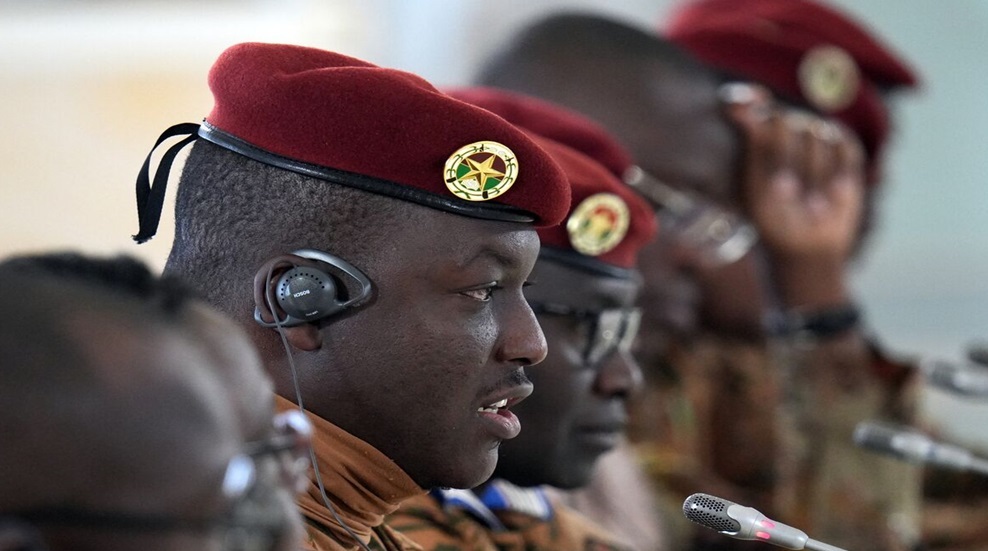
Burkina Faso’s president is however, is not completely sold. He still believes that France will always look for a way to be militarily involved in African affairs, as reported by Anadolu Agency back in January.
“They will not leave certain countries… They will set up security companies to secure their companies, which are in these countries,” the president of Burkina Faso warned.
“But the soldiers will be there. You will no longer see them in uniform or gathered in bases.”












